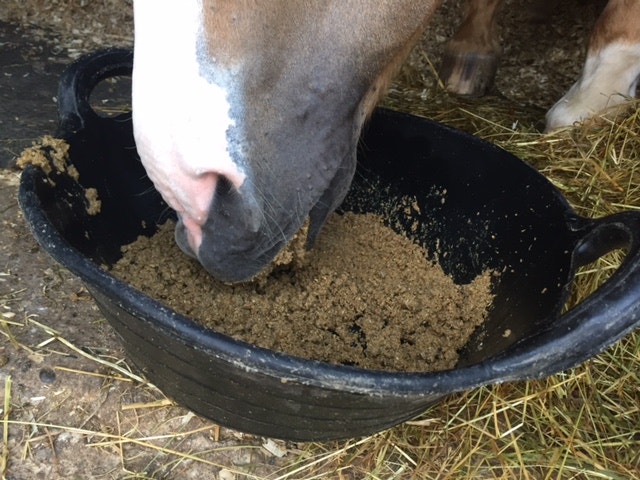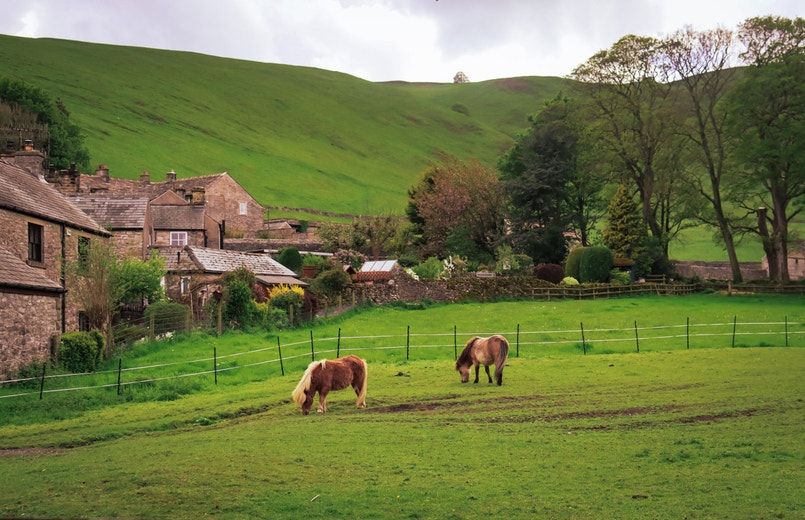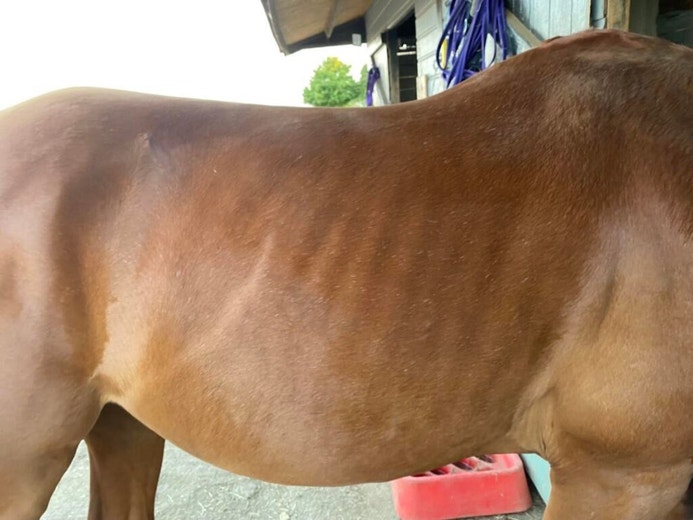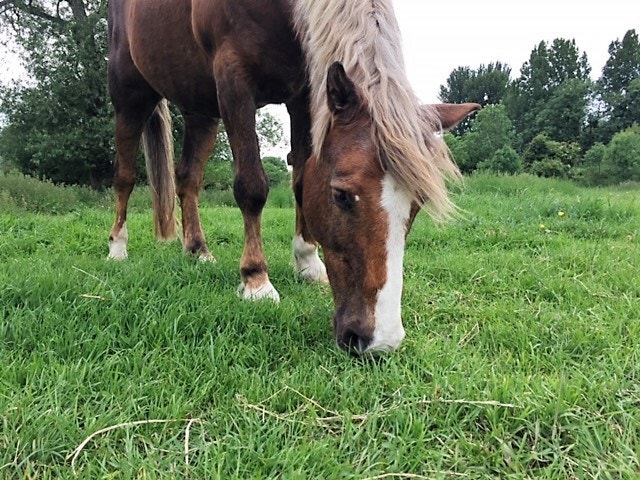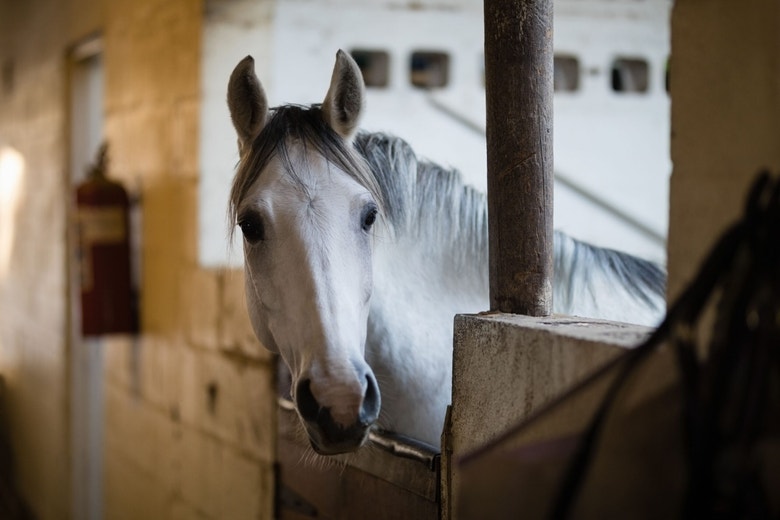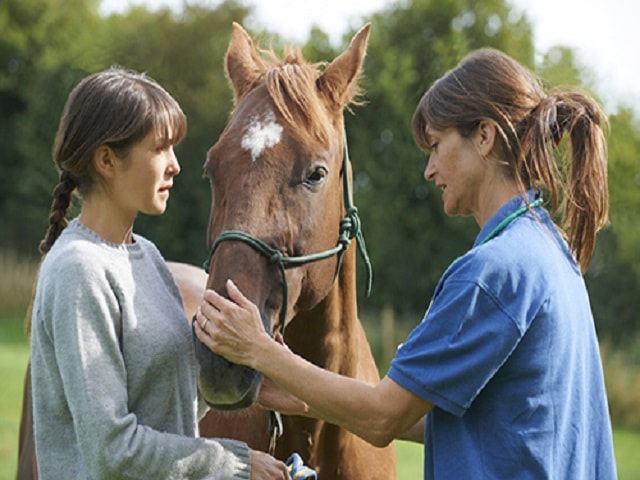
Feeding for energy without calories?
As horse owners, we all want our horses to be healthy and energetic, especially if we want to compete. Lethargy in horses can be a concerning issue for many horse owners. Horses are naturally active animals, and when they become lethargic, it can be a sign of an underlying health problem.
However, many horses who are lacking sparkle under saddle are also overweight, which often leads owners to question whether there is a feed to make them more energetic without causing unwanted weight gain.
Identifying the cause
Before lethargy can be addressed you need to identify the cause, or at least rule few potential causes out. Clinical conditions can affect energy levels so it’s important to seek veterinary advice if you have any concerns, especially if lethargy is sudden, severe or out of character. The vet will usually ask lots of questions, carry out a physical examination and in some cases take some bloods. If an underlying clinical issue or pain can be ruled out, it’s time to consider other potential causes.
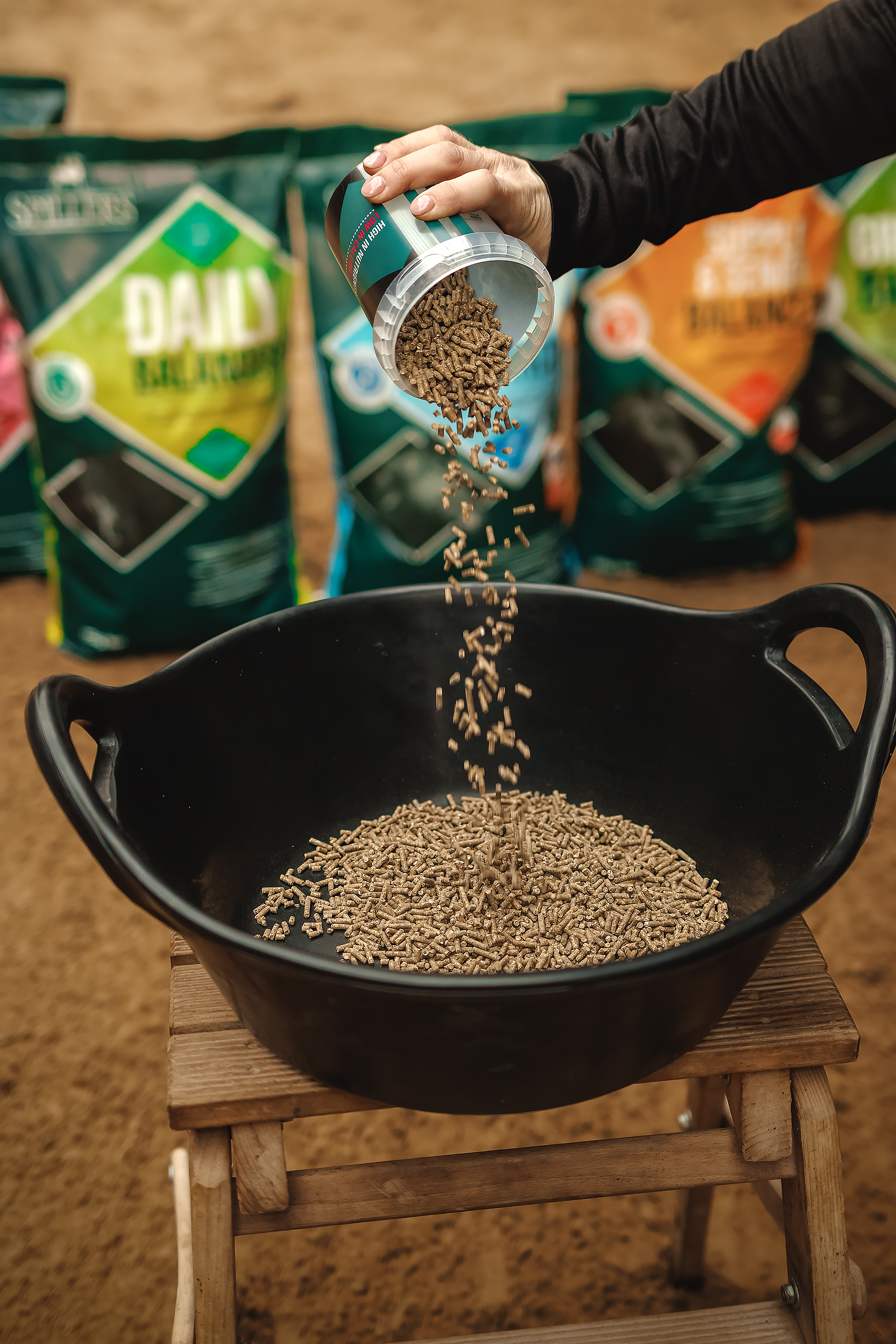
Things to consider:
- Is your horse a healthy weight? Simply put, a horse who is underweight is not receiving enough calories for the work they are doing and one who is overweight is receiving too much!
- Is your horse receiving a balanced diet? Vitamins, minerals and trace elements are all needed for optimum health. With many nutrients directly involved in energy metabolism meaning any deficiencies could result in lethargy.
- Are your horse’s vaccinations, dental checks, and worm counts all up to date?
- Have you had your horse’s saddle and back checked recently?
- Discuss training and schooling ideas with your trainer, perhaps it’s time to add more variety to prevent your horse getting bored?
- Is your horse fit enough for the work being asked of them? Fitness is one of the factors that has greatest influence on energy levels, particularly stamina - speak to an instructor/ trainer for advice. Remember young horses can fatigue quickly and need to build up mental and physical stamina.
- Has there been a recent change in weather conditions or season? If the weather is very hot and humid, is your horse appropriately acclimatised? In hot/ humid weather, try riding very early in the morning or in the evening.
The importance of a healthy body condition
In addition to carrying a host of health and welfare risks, excess weight gain can have a negative effect on energy levels and performance. If your horse has piled on the pounds, slimming them down to a healthy body condition may improve their energy under saddle - exercising while overweight is hard work!
Monitor your horse or pony's body condition regularly - this will help you to keep track of gradual changes and assess whether any dietary adjustment may be necessary. For help to do this visit: https://www.spillers-feeds.com/weight-management-tools/(open in new tab)
How can diet help?
- Firstly, energy and calories are the same thing! Unfortunately, this means you can’t feed more of one without the other! Calories are just units of energy so don’t be tempted to increase the amount you feed if your horse is already in good or overweight condition.
- Choosing the right feeds - Choose feeds based on your horse’s body condition irrespective of the amount of work they are in. If you’re concerned about your horse’s waistline, a balancer is the ideal way to provide additional vitamins, minerals and quality protein without excess calories. Low calorie chaffs such as SPILLERS Fibre Lite Molasses Free(open in new tab) can be used to bulk out the bucket and extend eating time without compromising your horse’s waistline!
- Keep your horse hydrated – Try to monitor your horse’s water intake and consider utilising mashes such as SPILLERS Perform & Restore Mash (open in new tab)to support hydration. Dehydration can cause lethargy so consider this as a factor on particularly hot days or after travelling.
- Energy supplements - may be helpful in some horses and don’t add unnecessary calories to the diet, which is certainly an advantage for good doers. SPILLERS Instant Energy(open in new tab) is a unique recipe which aims to create a more energetic response from the more laid-back horse or pony. With added B-vitamins, which play an essential role in energy metabolism, and ‘feel good’ herb ginseng among ingredients to strategically support energy levels and production without unwanted calories or starch.
- Avoid iron supplements - Don’t be tempted to reach for ‘energy tonics’ loaded with iron - iron is usually over supplied in forage diets alone. Iron deficient anaemia is uncommon in horses, whereas anaemia secondary to chronic disease or infection is a much more common occurrence. If anaemia is apparent on blood work, discuss the best course of treatment with your vet.
- Always use feeds and supplements that are BETA® NOPS approved if you’re competing.
Updated: 13.10.2025
